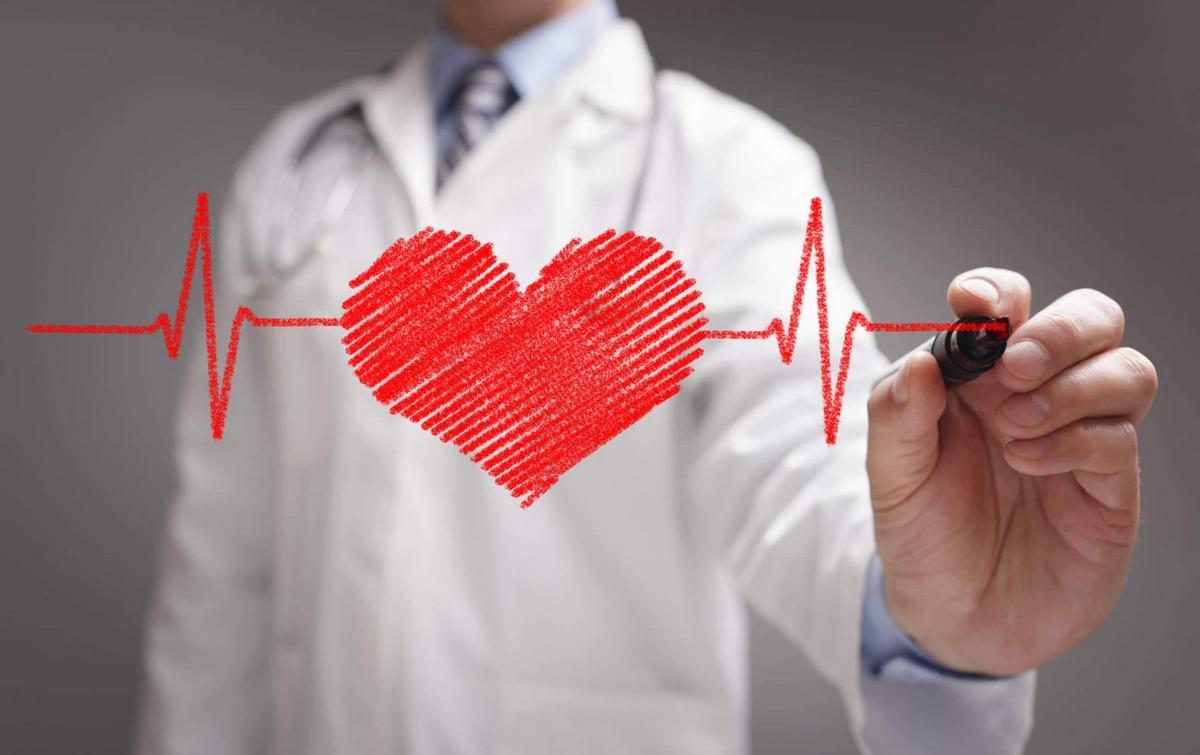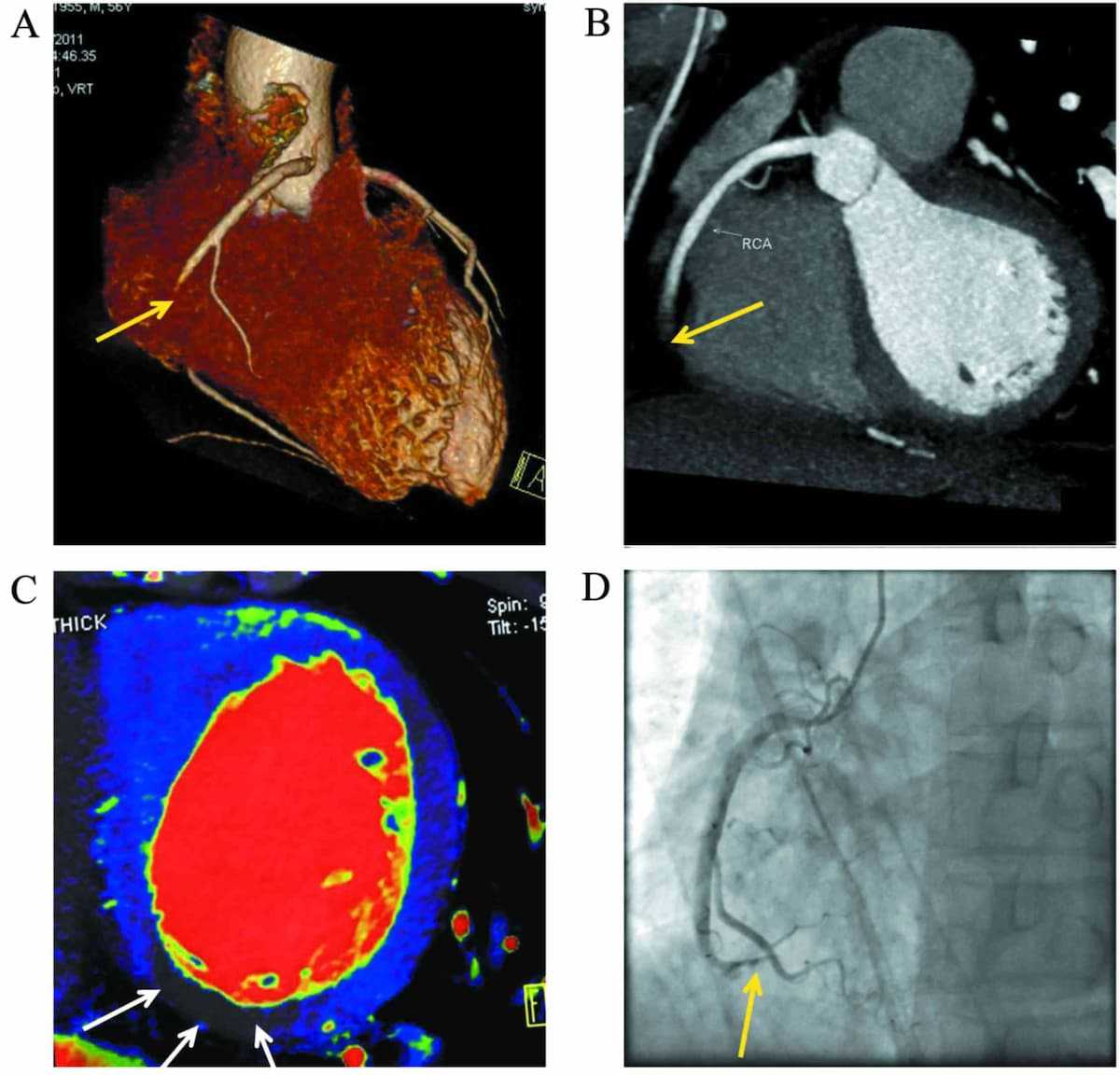Tachycardia: Understanding Rapid Heartbeat
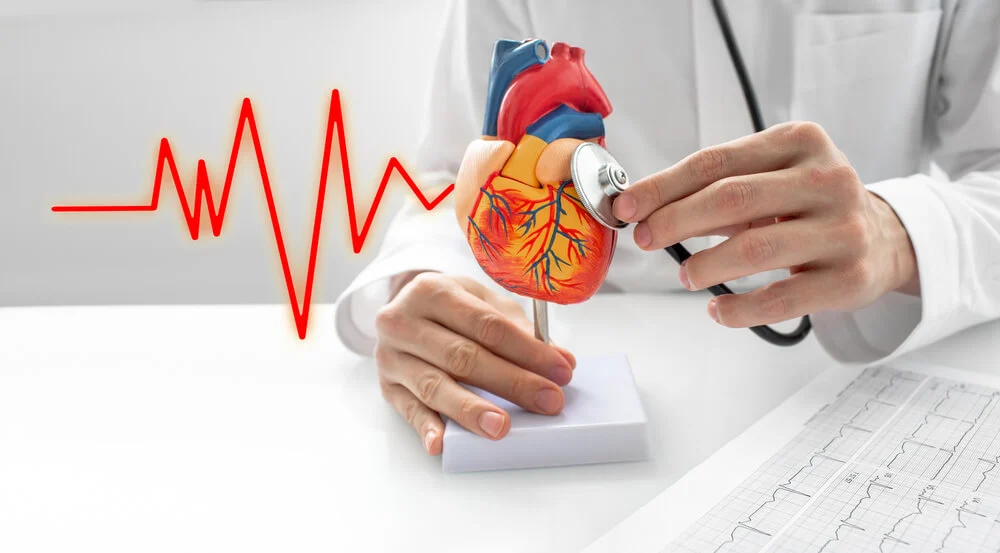

Tachycardia is a condition characterised by a rapid increase in the heart rate. Tachycardia occurs when the electrical signals that coordinate the heart's rhythm are disrupted, causing the heart to beat faster than normal. It encompasses various types, including supraventricular tachycardia (SVT) and ventricular tachycardia (VT).
Read more about Tachycardia below or you may book an appointment for cardiac evaluation with one of our cardiologists or contact us for further details.
What is Tachycardia and its Types?
Tachycardia is a medical condition characterised by a rapid heart rate, typically exceeding 100 beats per minute.
There are different types of tachycardia, including atrial, ventricular, and supraventricular. Atrial tachycardia occurs in the upper chambers of the heart, known as the atria, while ventricular tachycardia occurs in the lower chambers, known as the ventricles.
Supraventricular tachycardia refers to a rapid heart rate originating above the ventricles. Each type of tachycardia may have different causes and can lead to various symptoms, such as palpitations, dizziness, and shortness of breath.
Understanding the Mechanism of Tachycardia
Tachycardia involves abnormal heart rhythms leading to a heart rate higher than 100 beats per minute. SVT originates above the heart's ventricles, while VT starts in the lower chambers or ventricles.
Key Differences Between Supraventricular Tachycardia and Ventricular Tachycardia
SVT affects the upper chambers of the heart, while VT impacts the ventricles, and both may require treatment to restore normal heart rhythm.
SVT typically has a regular rhythm, whereas VT often has an irregular rhythm. Additionally, SVT can usually be terminated by Valsalva manoeuvre or carotid sinus massage, while VT often requires medical intervention or cardioversion. It is important to accurately diagnose and differentiate between the two for appropriate treatment and management.
Recognising Symptoms and Signs of Tachycardia
Symptoms may include heart palpitations, a rapid heartbeat, and compromised blood flow to the rest of the body, potentially leading to life-threatening complications.
In some cases, tachycardia may also cause fainting or near-fainting spells. It's important to pay attention to these symptoms, especially if they occur frequently or are accompanied by other concerning health issues. If you experience any of these symptoms, it's important to consult with a healthcare professional to determine the underlying cause and appropriate treatment.
Diagnosing Tachycardia: Tests and Procedures
Diagnostic measures such as an electrocardiogram (ECG) help identify tachycardia, while catheter ablation and medication-based treatments are available for management.
Exploring Treatment Options for Tachycardia
The management of tachycardia may involve the use of implantable cardioverter-defibrillators (ICDs) and, in some cases, heart surgery.
Identifying Risk Factors for Tachycardia
It is crucial to identify risk factors for tachycardia to prevent potentially serious complications.
Factors such as high blood pressure, heart disease, substance abuse, and certain medications like asthma medicines, thyroid medicines, antidepressants etc. can contribute to the development of tachycardia.
By recognising and addressing these risk factors, individuals can take proactive steps to maintain their heart health and reduce their risk of tachycardia.
Common Factors Contributing to Tachycardia
Factors such as abnormal heart rhythm, heart conditions, and a fast heart rate may increase the risk of tachycardia.
Assessing the Complications of Tachycardia
Tachycardia associated with heart failure and its impact on blood flow and resting heart rate contribute to potential complications.
Understanding the Relationship Between Tachycardia and Heart Failure
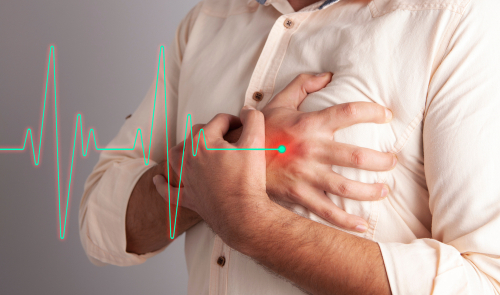
Tachycardia can lead to heart failure, where the heart is unable to pump blood effectively due to the rapid heart rate and irregular heartbeat.
Exploring the Impact of Cardiac Arrhythmia and Tachycardia
Arrhythmia, an abnormal heart rhythm, significantly affects the development and progression of tachycardia.
Assessing the Role of Fast Heart Rate in Tachycardia
Having a heart rate over 100 beats per minute may indicate tachycardia and require medical attention.
Diagnosis and Treatment of Tachycardia
Tachycardia is diagnosed through physical examination, ECG, and blood tests. Treatment options include medication, cardioversion, or ablation to restore normal heart rhythm. Lifestyle changes such as regular exercise and stress management can also help manage tachycardia. It is important to consult a healthcare professional for proper diagnosis and treatment.
Role of ECG in Diagnosing Tachycardia
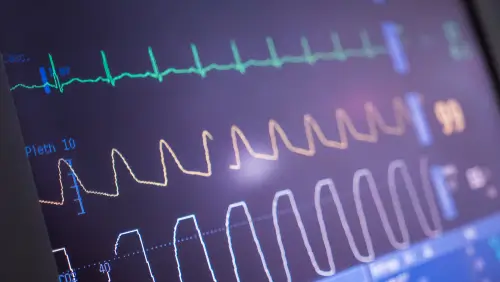
An ECG is instrumental in identifying abnormal heart rhythms, enabling timely diagnosis and appropriate treatment.
Understanding the Need for Catheter Ablation in Tachycardia Management
Catheter ablation, a procedure to correct heart rhythm problems, is often used to manage tachycardia effectively.
Exploring Medication-based Treatment for Tachycardia
Medications may be prescribed to control heart rate and rhythm, offering relief from tachycardia symptoms. Medications such as:
- Atenolol
- Digitalis or Digoxin
- Verapamil
- Metoprolol
- Beta-Blockers
- Calcium Channel Blockers
- Amiodarone
These medications work by slowing down the electrical signals that cause the heart to beat too fast. It is important to consult with a healthcare provider to determine the most effective treatment plan.
Assessing the Efficacy of ICDs in Managing Tachycardia
ICDs or Implantable Cardioverter defibrillators are devices implanted to monitor and manage abnormal heart rhythms, playing a crucial role in the treatment of tachycardia.
Role of Heart Surgery in Tachycardia Treatment
In complex cases, surgical interventions may be necessary to address tachycardia and restore normal heart rhythm.
Addressing Symptoms and Complications of Tachycardia
Treatment for tachycardia aims at addressing the symptoms and complications associated with the condition.
Managing stress, avoiding stimulants like caffeine, and maintaining a healthy weight can help reduce symptoms. In some cases, interventions such as medications or ablation procedures may be necessary to control the heart rate.
Impact of Tachycardia on Blood Flow and Resting Heart Rate
Tachycardia can disrupt blood flow and elevate resting heart rate, leading to adverse health effects. This can lead to decreased blood flow to vital organs and tissues. A resting heart rate that is consistently high can also indicate an underlying health issue that should be addressed.
Recognising Heart Palpitations as a Symptom of Tachycardia
Irregular heartbeats and palpitations are common symptoms indicative of tachycardia.
Understanding Rapid Heart Rate and Its Effects on the Body
Rapid heart rate can strain the heart and impact the body's overall function, necessitating prompt medical attention. This can be due to various reasons such as stress, anxiety, or underlying heart conditions.
Exploring the Association Between Tachycardia and Irregular Heartbeat
Tachycardia often coexists with irregular heart rhythms, highlighting the need for comprehensive evaluation and treatment. Prolonged tachycardia can strain the heart and increase the risk of complications like heart failure or stroke.
Assessing the Role of Abnormal Heart Rhythms in Causing Tachycardia
Assessing the Role of Abnormal Heart Rhythms in Causing Tachycardia
Preventing and Managing Tachycardia
Tachycardia can be prevented by maintaining a healthy lifestyle, including cardiovascular exercise, a balanced diet, and managing stress. To manage tachycardia, it's important to identify and address the underlying cause which may involve medication, lifestyle changes, or medical procedures such as ablation or pacemaker implantation.
Recognising the Importance of Addressing Underlying Heart Conditions
Managing underlying heart issues through lifestyle changes and medications can be crucial in preventing tachycardia.
By identifying and treating any heart issues, individuals can reduce their risk of developing more serious cardiovascular problems in the future. Regular heart health check-ups and proactive management can lead to a longer and healthier life.
Understanding the Role of Medication in Preventing Tachycardia
Appropriate medication can help control heart rate and minimise the occurrence of tachycardia. Medications such as beta-blockers and calcium channel blockers can help prevent tachycardia by slowing down the heart rate and managing the underlying causes.
It is important to work closely with a healthcare provider to understand the role of medication in preventing tachycardia and to follow their recommendations.
Exploring Lifestyle Changes to Manage Tachycardia

Adopting a healthy lifestyle, including regular exercise and stress management, can contribute to tachycardia management.
Recognising the Need for Regular Monitoring and Follow-up Care
Regular medical monitoring and follow-up care are important in managing tachycardia and preventing potential complications.
Assessing Potential Complications of Different Types of Tachycardia
Understanding the potential complications associated with various types of tachycardia is essential for effective prevention and management.
Conclusion
With a comprehensive understanding of tachycardia, its diagnosis, treatment, and preventive measures, individuals can take proactive steps to maintain a healthy heart and overall well-being.
At The Harley Street Heart and Vascular Centre, our team of dedicated cardiologists is at the forefront of innovative cardiac care. With state-of-the-art facilities and a commitment to personalised treatment, we prioritise your heart's health above all else. Book an appointment or teleconsultation today to put your heart's well-being first.
Frequently Asked Questions About Tachycardia
Below are frequently asked questions about tachycardia, its symptoms, causes, treatments, and prevention.
What Is Tachycardia?
Tachycardia refers to a heart rate that is faster than normal. It can be a sign of various heart conditions or other health issues.
What Are the Common Forms of Tachycardia?
Common forms of tachycardia include sinus tachycardia, atrial fibrillation, and inappropriate sinus tachycardia, among others.
How Is Tachycardia Diagnosed?
Tachycardia is diagnosed through various tests such as electrocardiogram (ECG), Holter monitor, event monitor, echocardiogram, and electrophysiology studies.
What Are the Potential Causes of Tachycardia?
Tachycardia may be caused by factors such as heart tissue damage, abnormal electrical impulses, heart valve disorders, or as a response to exercise or stress.
What Treatment Options Are Available for Tachycardia?
Treatment options for tachycardia may include medications, electrical cardioversion, catheter ablation, implantable cardioverter-defibrillator (ICD), or lifestyle changes.
What Are the Risks Associated With Tachycardia?
Tachycardia can increase the risk of heart complications such as heart failure, stroke, or cardiac arrest if left untreated or unmanaged.
How Does Tachycardia Affect the Rest of the Body?
Tachycardia can affect the body by disrupting the normal flow of blood and oxygen, potentially leading to symptoms like dizziness, shortness of breath, or chest pain.
What Role Does the Heart’s Electrical System Play in Tachycardia?
Tachycardia is often associated with abnormalities in the heart's electrical system, which can lead to rapid and irregular heart rhythms.
How Can I Reduce the Risk of Developing Tachycardia?
Reducing risk factors such as high blood pressure, excessive alcohol consumption, smoking, and stress, and maintaining a healthy lifestyle can help reduce the risk of developing tachycardia.
